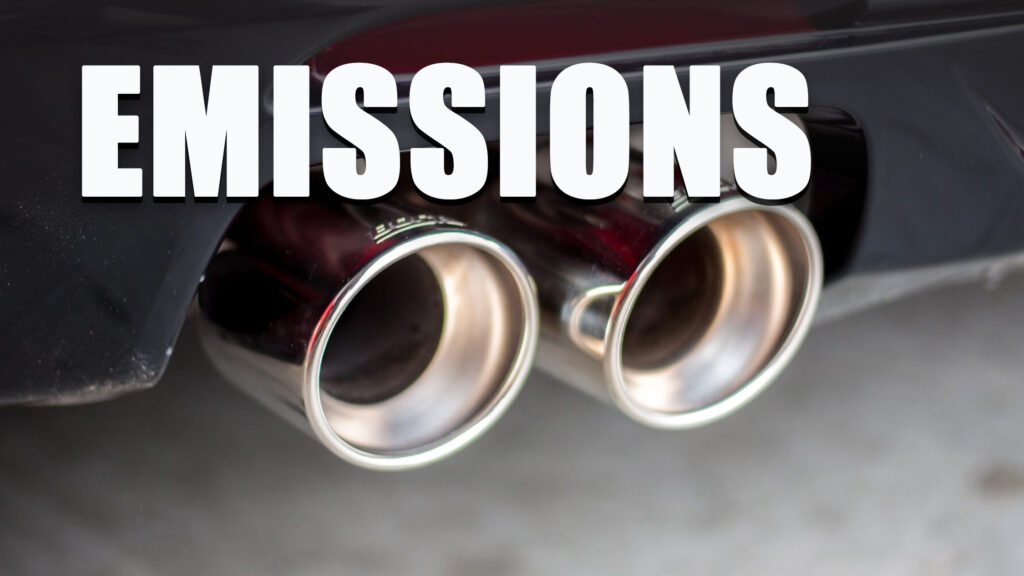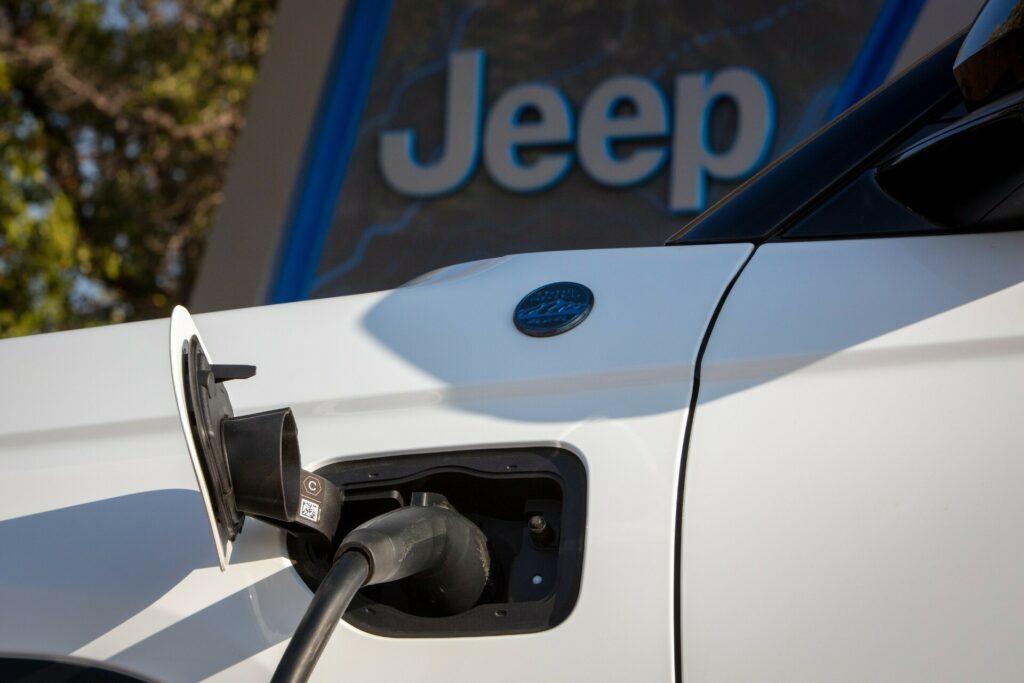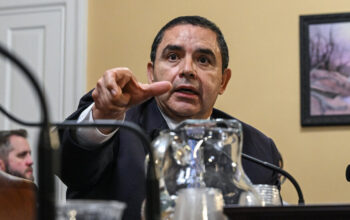Panel rejected argument that rules granted California powers denied to other states
3 hours ago
 –>
–> 
–>
- Appeals court upholds waiver granted to California by the EPA
- Waiver was reinstated under President Joe Biden in 2022 after being withdrawn by Donald Trump
- Republican-led states brought case, claiming California’s ability to set own emissions targets was unconstitutional
The EPA waiver granted to California that allows it to set its own emissions standards has been upheld by a U.S. appeals court in Washington D.C.
A panel comprising three judges dismissed arguments from 17 Republican-led states and factions from the oil industry that California’s waiver was unconstitutional because it granted the state powers that the other states didn’t enjoy, Reuters reports.
Related: California Asks Biden Administration To Approve Ban On Gas-Powered Cars
Donald Trump withdrew California’s previous EPA waiver in 2019, six years after it had been granted, while he was still in the big job. But the EPA, acting under President Joe Biden, reinstated the right in spring of 2022, allowing California to set its own emissions- and EV registration targets.
The California Air Resources Board (CARB) approved plans in August 2022 that would allow only zero-emissions cars to be sold in the state after 2035, having progressively ramped up the rules governing how many EVs automakers must sell starting in 2026.
“Today’s ruling is a victory for cleaner air and cleaner cars not just in California, but across the nation,” said Joshua Berman, Senior Attorney at environmental organization Sierra Club on hearing news of the court’s decision.

“The D.C. Circuit has reaffirmed California’s critical role in protecting its residents from harmful vehicle emissions, thereby benefiting the many states that rely on adoption of California’s standards to achieve and maintain the Clean Air Act’s air quality mandates.”
Although oil interests had argued strongly for the waiver to be withdrawn, no automakers joined them in opposition to the EPA despite the EV market cooling and a recent study showing that almost half of all Americans have no plans to buy an electric car any time soon.
In March the EPA announced a revised version of its own emissions standards that are less extreme than initially promised. The Biden administration had hoped that EVs would make up 60 percent of all vehicle sales by 2030, but that figure has fallen to 50 percent, though it will increase to 68 percent by 2032.

 <!–
<!– –>
–> 